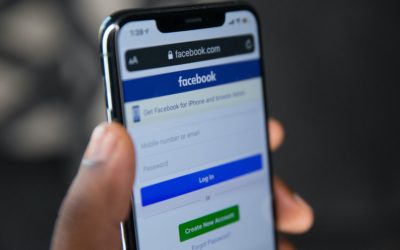Case Law
Social Media Evidence Used to Support Findings of Fraud in Michigan Personal Injury Case
In Yousif v. State Farm, the plaintiff was a passenger in a vehicle involved in a motor vehicle collision. The plaintiff submitted a claim for benefits that included household replacement services and attendant care. He further alleged that he was bedridden due to the pain and was unable to perform daily activities.
Social Media Evidence Used to Reduce Awarded Damages in California Personal Injury Case
In Sedie v US, the plaintiff was hit by a postal truck when riding a bicycle. The plaintiff claimed that his injuries limited him from working or pursuing his career and sought damages of $2.5 million. Relying on social media evidence, the court found that the plaintiff, despite his injuries, was exaggerating the extent of his pain.
New York Court Orders Plaintiff to Produce Facebook Profile for In Camera Review
In Richards v. Hertz, the plaintiff claimed she sustained injuries in a motor vehicle accident that impaired her ability to play sports. After finding a publicly shared photo on Facebook of the plaintiff skiing after the accident, the defendants sought to have the social media postings admitted as evidence.
Social Media Used to Undermine Plaintiff’s Credibility in British Columbia Case
In Raikou v. Spencer, social media evidence was used to undermine the plaintiff’s credibility to bolster the claim that the plaintiff tended to exaggerate the extent of her injuries. The plaintiff claimed damages for injuries sustained in a motor vehicle accident. As a result of the ongoing pain, she claimed that she was unable to participate in many of the activities she did prior to the accident.
Florida Court states potential relevancy of photographs on social media outweigh burden of production or privacy interest
In Davenport v. State Farm, the court in Florida allowed plaintiff’s social media photos as evidence in a personal injury case. The plaintiff argued that the discovery request is “not reasonably calculated to lead to the discovery of admissible evidence when the request is overly broad and improperly invades the plaintiff’s privacy.”
Social Media Posts and Photos Included as Evidence in Pennsylvania Personal Injury Case
The plaintiff alleged that the accident caused her to suffer a loss of everyday pleasures and enjoyment of life due to “permanent limitations due to the pain, discomfort, and inconvenience to her back, neck, and body.”






